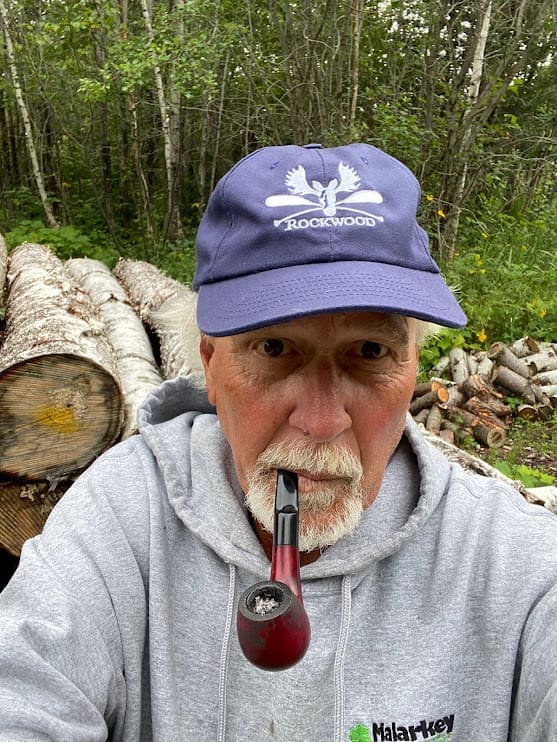As I fall into my senior years in an ungainly way, my political addiction, not unlike the alcohol one I beat back years ago, still grabs hold of my thoughts. Today, I’ll try to be as non-partisan as possible and throw some shade on the media, the natural villain of elected officials at all levels of government.
National political pundits and reporters were left reeling by the Joe Biden near abdication issue after the debate fiasco. They spent countless hours speculating when, not if, he would step aside. Yet, on July 21, Biden announced his decision to hand over the reins to his Vice President, catching the media elite off guard with a sight they rarely see: a well-organized Democratic party.
The Biden campaign transitioned to the Harris campaign in just a couple of weeks. Harris named the Minnesota governor her Vice Presidential nominee. The Democratic National Committee went virtual to endorse the Harris/Walz ticket many days before the convention that will formalize its ticket.
National pundits were unaware of the VP selection when Harris announced her final pick. I thoroughly enjoyed watching journalists that weekend as they wrestled with who of the three supposed finalists she would pick and who would get the scoop. Seeing Rachel Maddow spew a couple thousand words to get to “we just don’t know” is priceless. Not one of the big names could confirm the scoop until the Secret Service showed up at the temporary governor’s mansion in St. Paul to escort Tim Walz to Philadelphia, and you could see how frustrated they were.
Politics has always been a shame-inducing yet important business. Political journalism is, in fact, the same.
Regrettably, political journalism seems to have lost its way, fixating on the trivial issue of who said what about whom. The headlines are filled with petty squabbles like “Vance Insults Harris” or “Walz Fires Back at Vance”. This is not the serious, policy-oriented journalism our democracy needs.
After spending a good part of the last three decades in and around the political arena, I confidently state that politicians, especially candidates, are prone to saying insulting, harmful, and untrue things about their opponents. Yet the media continues to inundate its often over-stimulated audience with stories about the negative stuff Vance or his surrogates have said about Walz, and vice versa.
It’s their nature.
The only way that something any candidate’s campaign says about its opponent becomes newsworthy is if it is not part of their nature. In other words, as I look at the media coverage, the only comment from Vance that would be newsworthy is if he said, “This Walz guy is the second coming of the deity’s child, and I think everyone should vote for him. I’ll go back to Appalachia and write a campaign memoir.” That would deserve blockbuster headlines equal to an asteroid hurtling toward us to start a new ice age.
Yet, this is the current state of political journalism, where the focus is on what candidates say rather than the policies they support. It’s time for a shift. When a candidate makes a negative comment about their opponent, it shouldn’t be headline news. We need a political journalism that prioritizes policy over petty squabbles.
A maxim in journalism for more than a century is, “When a dog bites a man, that is not news because it happens so often. But if a man bites a dog, that is news.” It’s a dog’s nature to bite. Political journalists make news out of the dog bites man sort daily.
I soon expect a headline that ignores the nature of our canine friends the way they do with political candidates. It’ll look like this: Dog Lifts Leg, Pees on Fire Hydrant.
When politicians say negative things about their opponents, it’s time for journalists to say, “So what? They’re just pissing on a fire hydrant, folks.”




